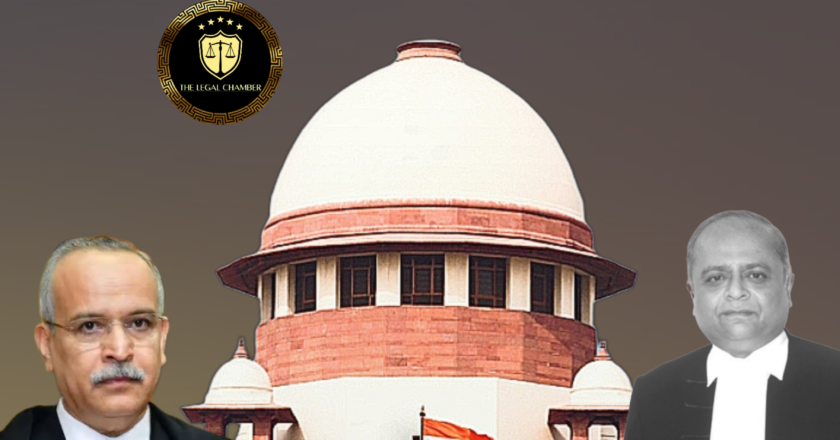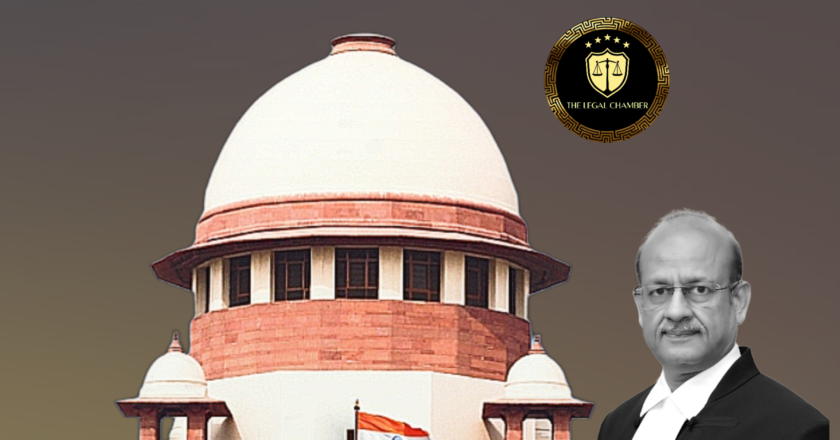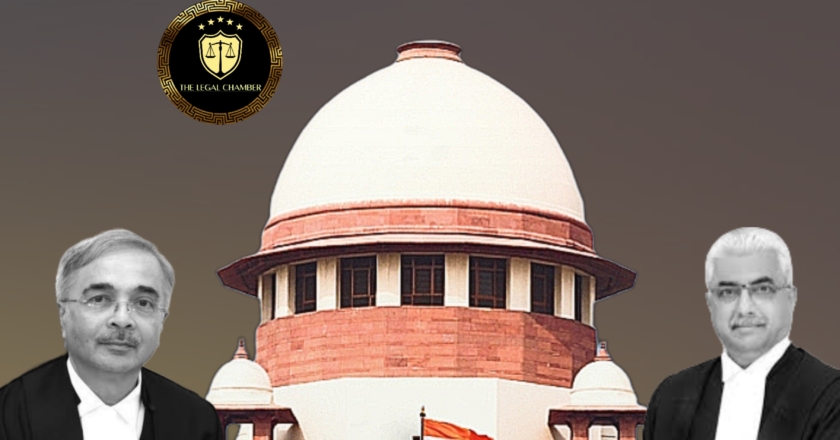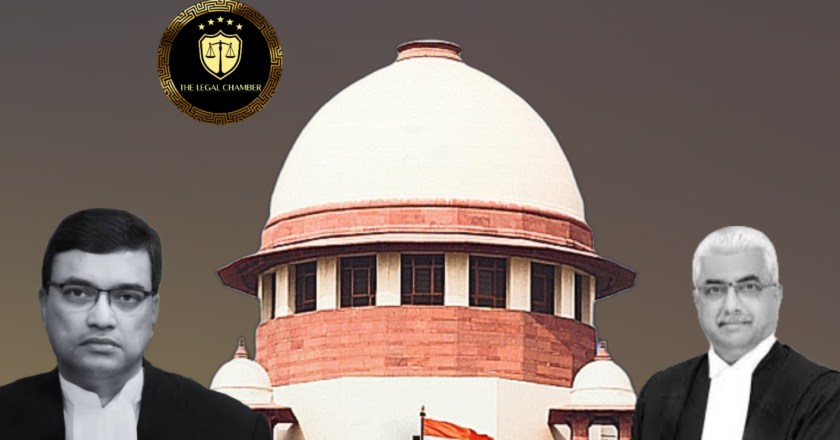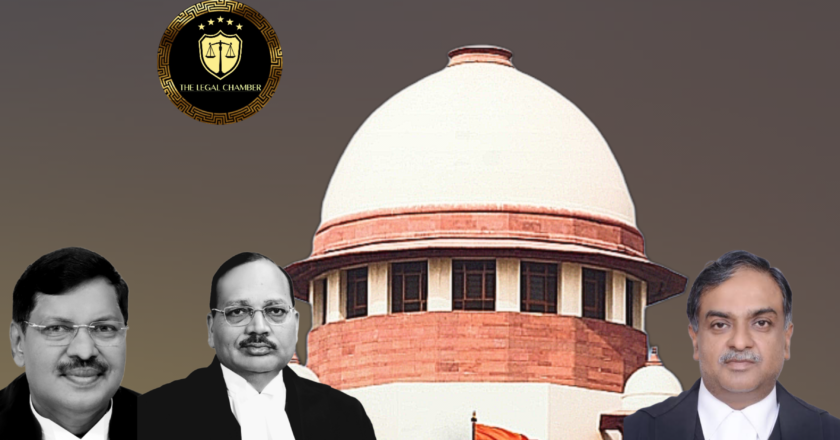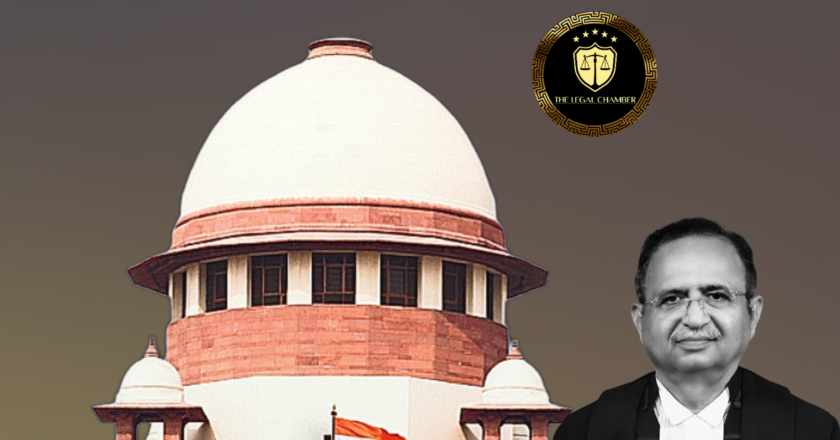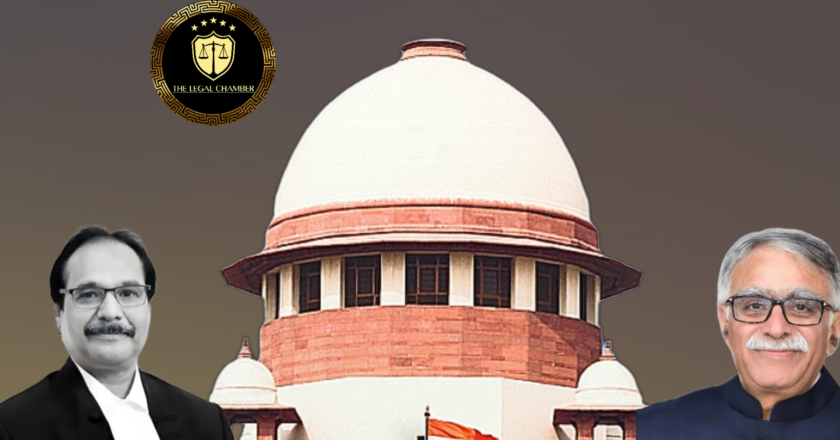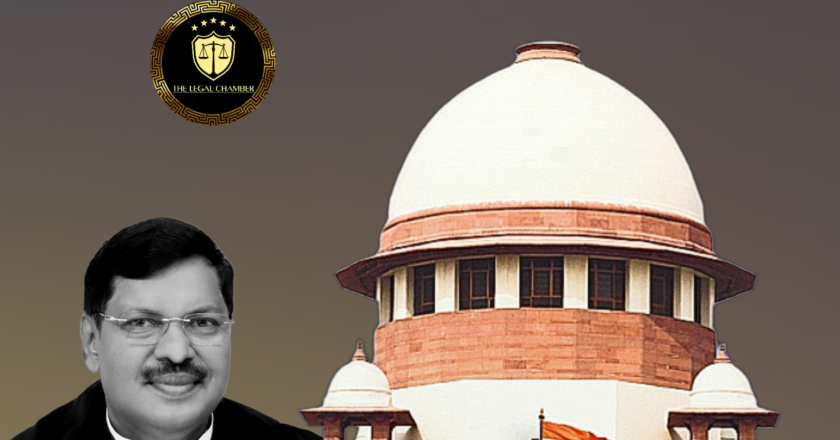Supreme Court: Key Takeaway from a Property Dispute: Exhaust Legal Remedies First, Go to Court Later
The Supreme Court dismissed the appeal, holding that the statutory remedy under Sections 37-A/38 of the Tamil Nadu Revenue Recovery Act, 1864, providing a 30-day period to challenge an auction, is mandatory. Failure to exhaust this specific remedy within limitation bars subsequent writ jurisdiction under Article 226, irrespective of other pending proceedings or interim orders.
Facts Of The Case:
The case concerns recovery proceedings against the legal heirs of late Ramaswamy Udayar for arrack shop dues from 1972-73. Following an ex-parte decree in 1987, the Revenue authorities issued an auction notice in 2005 for his properties. The appellant, his widow, challenged this notice via a writ petition. Although the High Court granted an interim stay on the confirmation of sale, the auction it...
